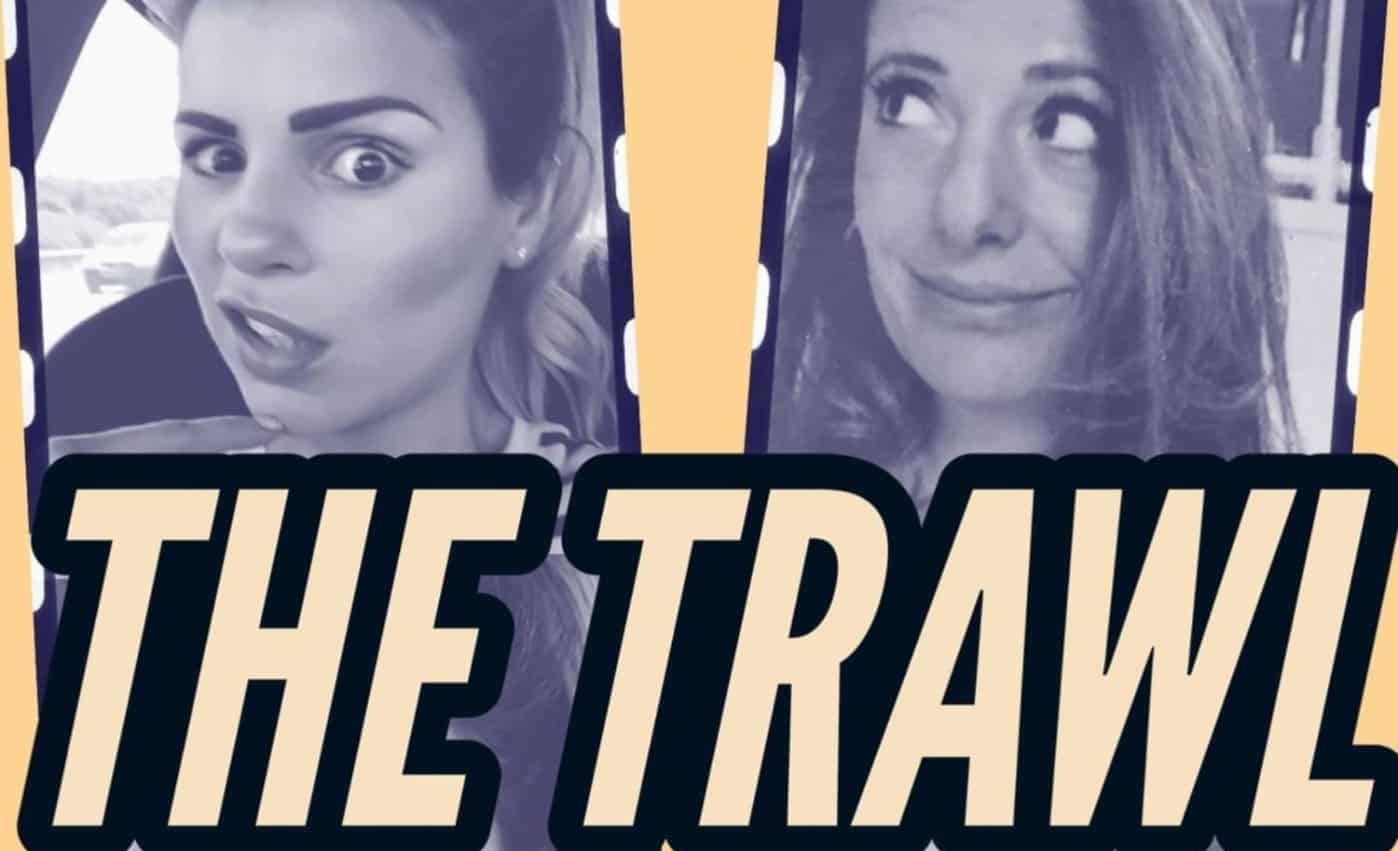The UK’s 2023 local elections are set to happen on May 4th and influencers across Instagram and TikTok have been creating content about issues which may determine their followers’ vote. According to Google data, UK consumers started searching for information about the elections in December 2022 and volume of search has steadily increased since the start of this year. Unsurprisingly, queries for Google are primarily around where and how to vote. This is where reviewing creator channels is helpful in understanding the electorate and what may impact their decisions.
Much influencer commentary ahead of the locals is rooted in arguments for lessening the Conservative Party’s power and this is being met positively by their equally anti-Tory followers. There’s Kelechi Okafor, who is adored for her ability to cut through spin and get to the heart of issues she believes voters should care about. Her “Song for the Tories” video was met with glee by Lily Allen and broadcaster Sian Anderson.
You may also like
On TikTok, Harry – AKA The Champagne Socialist – and Tan Smith are just as scathing and have built platforms on criticising the government on a daily basis. That’s not to say the Labour Party is home and dry, there are many commentators claiming Keir Starmer has created a political movement that is too similar to the Tories’. Nobody is happy with the choices on the ballot paper, as gaming creator Droog Janus skilfully pointed out in this video.
Other key political issues raised by creators which are engaging the electorate include supporting local businesses (see Mary Portas’ post about neighbourhoods), trans rights (Ben Pechey and Munroe Bergdorf have much to say and their followers want to hear it), and climate change (Tori Tsui’s post is particularly effective). The local elections are also boosting visibility of new would-be commentators on TikTok – Politically Celine has had numerous semi-viral hits over the past few weeks.
@supertanskiii #ukpolitics #britishpolitics #torylies #toriesout #torycorruption #politicaltiktok #politiktiktok #rant
The subject uniting the left and right across platforms is understanding new rules on photographic voter ID and how this could lead to voter suppression. There are hundreds of posts about this, but one that’s driving huge engagement is this video by creator Sophie Butler.
Reviewing influencer content about politics in the run-up to the elections is particularly interesting as it reveals how rife misinformation is, especially on TikTok. News organisations are mostly outperforming political creators but there are many who are using the locals as a way to tap into consumers’ fears in order to grow their own platforms. With their forceful empathy and relentless “straight-talking”, these influencers’ playbooks aren’t a million miles away from Andrew Tate’s.
All of this suggests the public needs news companies more than ever. It’s easy to get lost in influencer narratives – to believe that you have happened upon a truth-teller who simply wants you to have the facts. However, many political creators on the rise have built their platforms on practices learned from social media in the Trump era. Rather than simply delivering information charismatically, they are opportunists calling opinions facts to drive their own success. The potential negative impact of this should not be underestimated.
By Sara McCorquodale, CEO and founder of CORQ.










The anti-haul: creators react to shifting consumer attitudes with anti-consumerism content